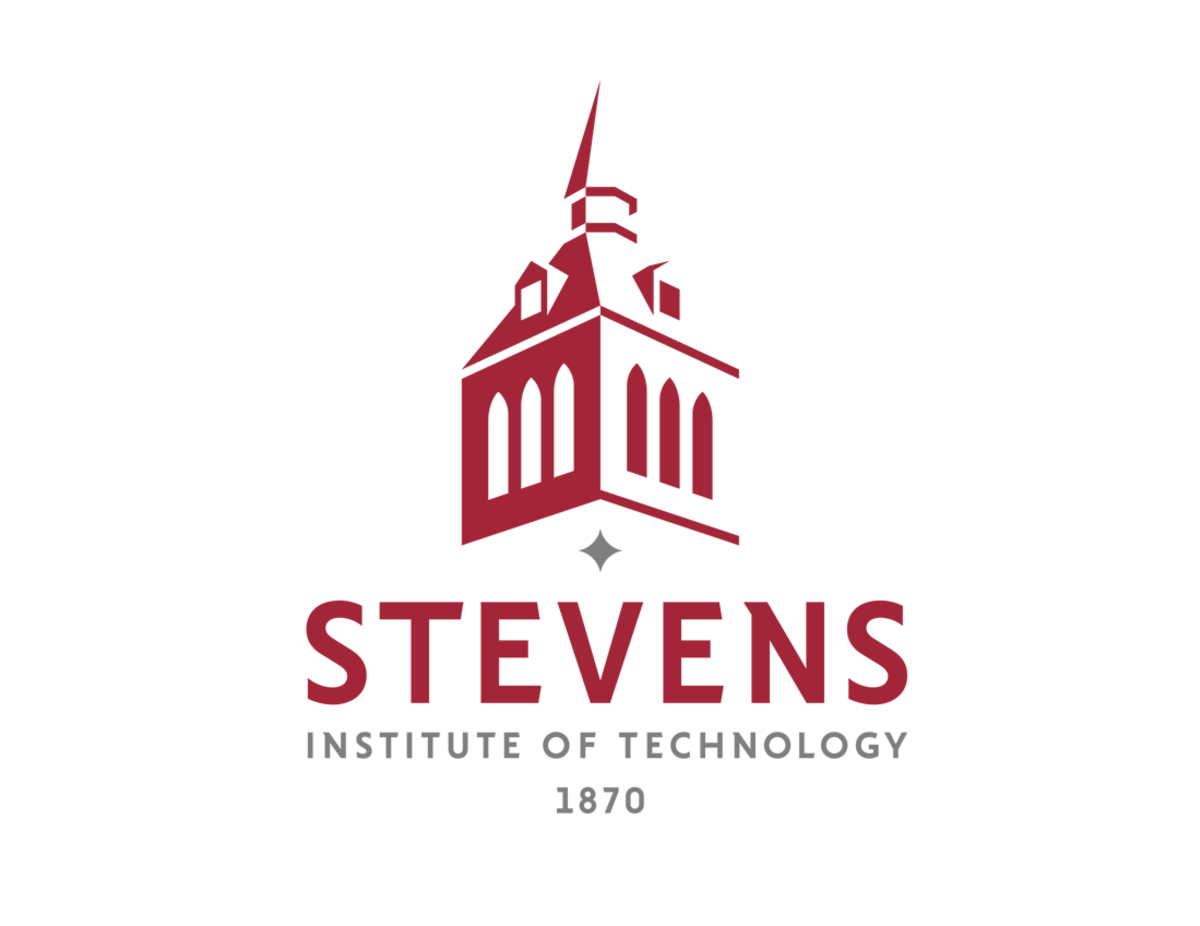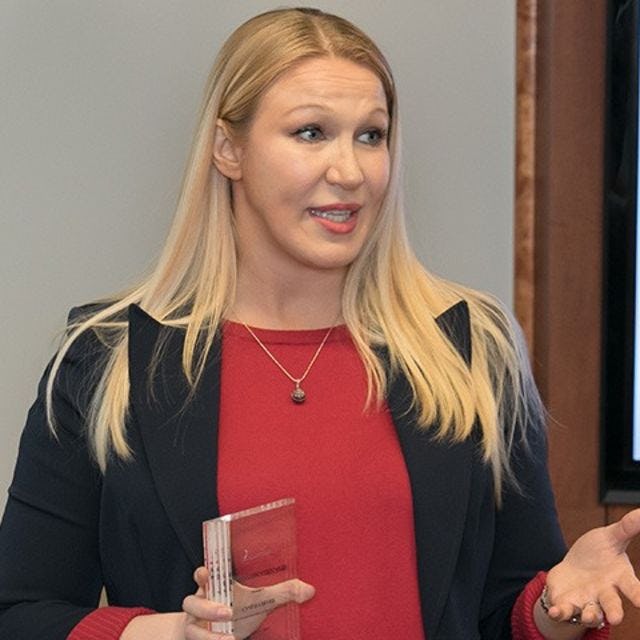
Bachelor's in Technology and MBA - Accelerated Master's Program
Program Details
Degree
Executive Master of Business Administration (EMBA)School
School of BusinessDepartment
School of Business Graduate ProgramAvailable
On campusStevens School of Business and SKVM's NMIMS Deemed-to-be University offer a highly-coordinated MBA Accelerated Master's Program.
In the first year, you will enroll full-time at NMIMS (9 credits). Then, you will enroll full-time at the Stevens School of Business, taking courses within the MBA program (39 credits). After completing the program (5 years), you will receive a Bachelor of Technology degree from NMIMS and an MBA from Stevens.
Stevens Institute of Technology
Stevens Institute of Technology is a premier, private research university in Hoboken, New Jersey, overlooking the Manhattan skyline. Since its founding in 1870, technological innovation and entrepreneurship have been the hallmarks of Stevens’ education and research. Within the university’s three schools, Stevens prepares its more than 8,000 undergraduate and graduate students for an increasingly complex and technology-centric world. Our exceptional students collaborate closely with world-class faculty in an interdisciplinary, student-centric, entrepreneurial environment, readying them to fuel the innovation economy. Academic and research programs spanning finance, computing, engineering and the arts expand the frontiers of science and leverage technology to confront the most challenging problems of our time. Stevens is consistently ranked among the nation’s leaders in ROI and career services and is in the top 1% nationally of colleges with the highest-paid graduates.
Program Highlights
A STEM-Designated MBA: Applicable concentrations of the MBA program hold the STEM designations, setting it apart from ordinary MBA offerings by infusing technology at the forefront of the curriculum. This designation also allows students from outside of the U.S. to be eligible for a 24-month extension of their Optional Practical Training (OPT).
Traditional Business Through the Technology Lens: At Stevens, conventional business disciplines are taught from a technological perspective, ensuring graduates are well-versed in leveraging leading-edge tools and methodologies to drive innovation across all aspects of a business.
AI and Machine Learning are Here to Stay: Students gain an essential understanding and practical application of AI and machine learning, equipping them to take the lead in navigating the fourth industrial revolution and propel industries forward.
Real-World Consulting Experience: The hallmark of the full-time MBA, the Industry Capstone Program, immerses students in consulting engagements with real-world companies. Students and their peers, under faculty mentors, take what they’ve learned in their courses to develop solutions to real business problems and present their recommendations to senior executives. This experience provides students with something they can speak about to hiring managers and recruiters. Open to students across graduate programs, the Industry Capstone Project encourages interdisciplinary collaboration, nurturing diverse perspectives and skill development.
Invaluable Networking Opportunities: Capstone projects involve partnering with companies, providing students with networking opportunities and allowing them to foster connections that can lead to career advancement.
GMAT/GRE test scores are optional for all master’s programs. Applicants who think that their test scores reflect their potential for success in graduate school may submit scores for consideration.
An MBA for Today's Digital Era
In today's data-driven world, the traditional business skills taught in traditional MBA programs are no longer enough. Few MBA programs fully address how the data revolution has transformed how managers recognize opportunities and identify trends. The Stevens MBA stands out by integrating technology, data analytics and advanced business practices into its core curriculum.
Taught by expert faculty, this innovative MBA program combines foundational business disciplines such as marketing, strategy and finance with cutting-edge skills in technology and business analytics. You will engage in applied exercises and real-world projects that train you to make fast, data-informed decisions. With a curriculum emphasizing collaboration through group projects, presentations and hands-on experience, you will foster both creativity and critical thinking skills.
This unique approach ensures you are prepared to lead in a rapidly evolving business landscape.
Courses
Language of Business
FIN 638 Corporate Finance
This course serves as a second semester sequence in corporate finance. Students enrolling should have a mastery of the topics of covered in Managerial Finance I (EMT 623), including time value of money, capital budgeting, risk adjusted hurdle rates, managerial accounting, and ratio analysis. Among the topics covered in EMT 638 are: leverage on the balance sheet and weighted average cost of capital; bankruptcy, turnarounds, and recapitalizations; international currency hedging; stock options; private equity valuation; mergers and acquisitions; and the issuance of public and private securities.
MGT 699 Strategic Management
An interdisciplinary course which examines the elements of, and the framework for, developing and implementing organizational strategy and policy in competitive environments. The course analyzes management problems both from a technical-economic perspective and from a behavioral perspective. Topics treated include: assessment of organizational strengths and weaknesses, threats, and opportunities; sources of competitive advantage; organizational structure and strategic planning; and leadership, organizational development, and total quality management. The case method of instruction is used extensively in this course.
Leadership and Innovation
MGT 612 Leader Development
Project success depends, largely, on the human side. Success in motivating project workers, organizing and leading project teams, communication and sharing information, and conflict resolution, are just a few areas that are critical for project success. However, being primarily technical people, many project managers tend to neglect these "soft" issues, assuming they are less important or that they should be addressed by direct functional managers. The purpose of this course is to increase awareness of project managers to the critical issues of managing people and to present some of the theories and practices of leading project workers and teams.
MGT 635 Managerial Judgment and Decision-Making
Executives make decisions every day in the face of uncertainty. The objective of this course is to help students understand how decisions are made, why they are often less than optimal, and how decision-making can be improved. This course will contrast how managers do make decisions with how they should make decisions, by thinking about how "rational" decision makers should act, by conducting in-class exercises and examining empirical evidence of how individuals do act (often erroneously) in managerial situations. The course will include statistical tools for decision-making, as well as treatment of the psychological factors involved in making decisions.
MGT 663 Discovering and Exploiting Entrepreneurial Opportunities
In this course, students will evaluate and create their own prospective business strategies. They will develop an understanding of entrepreneurship and innovation in starting and growing a business venture. Students will be given an opportunity to actually start their own business or create a business in their company by learning how to take advantage of the new order of business opportunities of the information age. This course’s main objective is to show students how to identify these opportunities, be able to formulate and evaluate both qualitatively and quantitatively whether the opportunity is worth pursuing, and, of course, how it may be pursued. Actual case studies and experiences will be intertwined with the course content.
Analytical Thinking
BIA 600 Business Analytics: Data, Models & Decisions
Many managerial decisions - regardless of their functional orientation - are increasingly based on analysis using quantitative models from the discipline of management science. Management science tools, techniques and concepts (e.g., data, models, and software programs) have dramatically changed the way businesses operate in manufacturing, service operations, marketing, transportation, and finance. Business Analytics explores data-driven methods that are used to analyze and solve complex business problems. Students will acquire analytical skills in building, applying and evaluating various models with hands-on computer applications. Topics include descriptive statistics, time-series analysis, regression models, decision analysis, Monte Carlo simulation, and optimization models.
BIA 610 Applied Analytics
Applied Analytics is a capstone course for the analytic-focused MBA program. It is intended to integrate all previously taken coursed in the program by presenting a set of increasingly complex business problems. These problems can be solved through analytic skill taught in this and previous courses. In particular, the course is intended to reinforce the understanding of analysis as way to build models that can focus attention on parts of the system that can be improved through intervention. The early part of the course uses synthetic data and empirical data readily available for analysis. The second part of the course encourages students to state and solve their own problem, gathering their own data as a part of the analytic process.
Corporate Innovation and Design
MGT 695 Leading Creative Collaboration
Innovative organizations are led by people who relentlessly nurture creative collaborations. These leaders stimulate imagination, teach others how to turn imagination into creativity, and build group structures and processes to enable people to turn creative ideas into innovations that drive business results. This course builds individual awareness of creativity and collaboration skills while increasing the student’s capacity for both. It teaches the science behind techniques, tools, interpersonal skills, leadership skills, organizational strategies, and environmental designs that increase group effectiveness. The overall goal is to strengthen the student’s ability to lead others to address meaningful problems and possibilities wherever they may be found.
MGT 696 Human-Centered Design Thinking
This course deals with the theory and methods associated with design thinking, a problem-solving protocol that spurs innovation and solves complex problems. Design thinking involves a unique form of inquiry which goes well beyond product and service design. Students will develop an appreciation for design and develop skills for studying design systems. These concepts and methods have wide applicability as they can be used to design organizations of people, information structures, compensation systems as well as the entire consumer experience. Applying these approaches can often create entirely new systems that are more useful and usable. The logic of this approach can sometimes solve "wicked problems" which have defied previous solutions.
Industry Capstone (Choose One)
MGT 798 Integration and Application of Technology Management
This is the capstone course for the program. It is designed to integrate the knowledge developed in the other courses via a business simulation in which teams of students compete in running their companies in a complex simulated environment. The course includes lectures and workshops that demonstrate theory and techniques of cross-functional decision making in the management of technology. Individuals and teams will be observed and assessment feedback will be given.
MGT 678 Technology Commercialization Practicum
Technology Commercialization Practicum
MGT 810 Field Consulting Project
SVKM's NMIMS Deemed-to-be University
Since 1981, NMIMS has today emerged as a globally reputed university. Always socially conscious, the Shri Vile Parle Kelavani Mandal (SVKM) made the decision to cater to the rising demand of management institutes in India which led to the birth of the Narsee Monjee Institute of Management Studies (NMIMS). NMIMS currently has 17 specialized schools with more than 17,000 students and about 750 full-time faculty members, 10 faculty members with Fulbright and Humboldt International Scholarships.
Pre-Requisite Courses
Business Economics
Cost and Management Accounting
Financial Management
Courses
Marketing Management
Operations Management
Management of Technology





